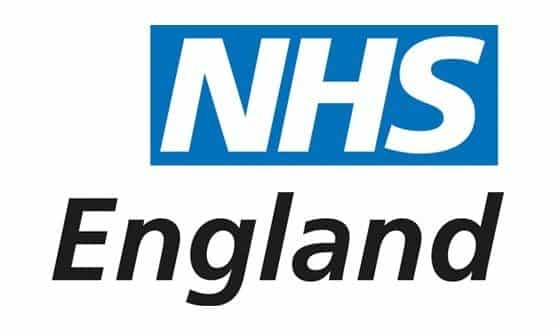NHS adopts mpMRI scanning tech to slash prostate cancer diagnosis times
- 13 March 2018

The NHS has adopted new scanning technology which it claims can slash diagnosis times for prostate cancer, while also reducing the risk of sepsis.
Using multi-parametric MRI (mpMRI) scanning technology – which offer a superior-quality image to current scanners – men can have a scan, receive their results and have any necessary biopsy in a day, rather than over multiple outpatient visits spanning four to six weeks via the traditional method.
The improved quality of the scans makes targeting growths on the prostate far more accurate. Currently, a biopsy may require a dozen samples having to be taken in order to locate suspect growths on the prostate.
Using the new ‘Fusion’ scanners, an area as small as a grain of rice can be hit first time, NHS England said.
This is thanks to functionality that enables the machines to overlay ultrasound images with 3D MRI scans, resulting in a highly-detailed map of the prostate that can be used to accurately target growths.
This increased precision also allows clinicians to insert the needle through the perineum, rather than the rectum, reducing the risk of infection from between 2% to 6% to around one case in 500.
NHS England hopes the new scanning and diagnosis method will offer a “one-stop-shop” for suspected prostate cancer, the most common cancer in men in the UK.
Simon Stevens, chief executive of NHS England, said: “This is an encouraging breakthrough in prostate cancer diagnosis that is genuinely world-leading. While still early days, the potential benefit to men with suspected cancer is significant.”
The new ‘Fusion’ scanners are currently being trialled at Charing Cross Hospital, Epsom Hospital and Queen Mary’s Hospital in Roehampton by west London cancer alliance, RM Partners.
The NHS hopes to cut the mortality rate for prostate cancer in the same way that it has seen breast cancer rates decline by 10%.
Professor Hashim Ahmed, new chair of NHS England’s Clinical Expert Group for Prostate Cancer and Chair of Urology at Imperial College London, has been leading the new approach. He said: “The NHS has led the research that underpins this rapid pathway to improve the diagnosis of prostate cancer. The NHS is now leading the way in ensuring all men get to benefit from this innovation.
“Fast access to high quality prostate MRI allows many men to avoid invasive biopsies as well as allowing precision biopsy in those men requiring it to find high risk tumours much earlier.”
NHS England is now looking into how its new scanners could be rolled out to other major cancer centres across England.
The new scanners are not the only piece of technology NHS England is investing in.
In November 2017, Digital Health News reported on how a device which spots early signs of Sepsis is among the 11 new innovations NHS England is promoting.


